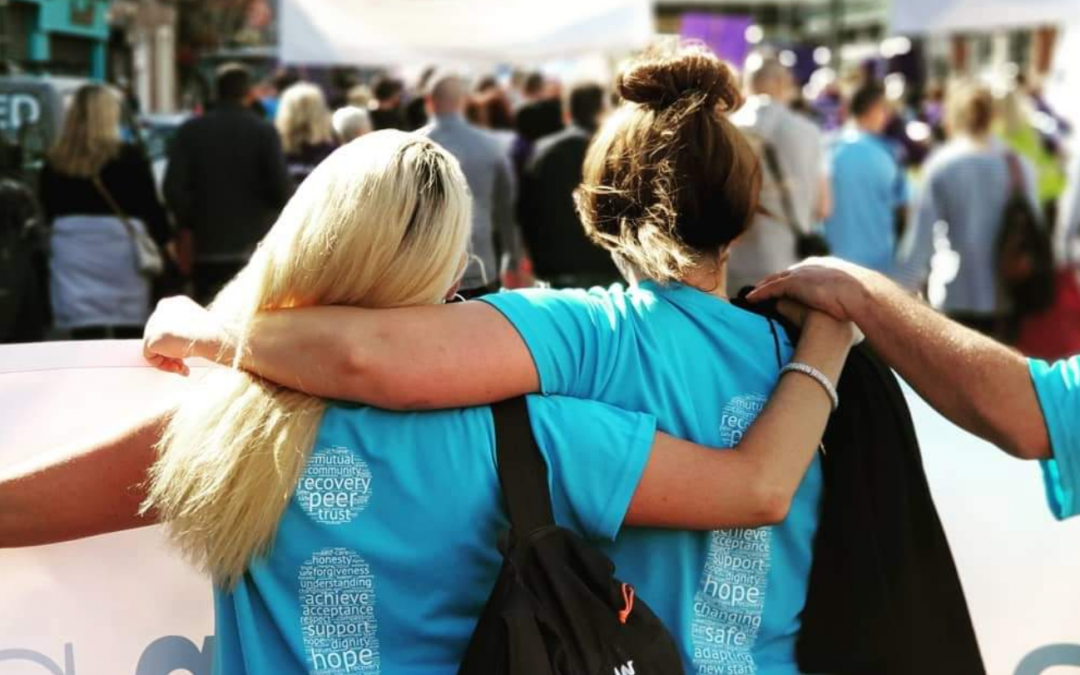At Inspire, we are committed to delivering recovery-based, inclusive support for the people who use our mental health and addiction services.
A key part of this commitment involves ending stigma and discrimination associated with substance use. We know from our work that when stigma and prejudice prevail, individuals and families in need are less likely to request support.
Persistent stigma and discrimination can lead community leaders, policy makers and public discourse in general to believe that substance use disorders stem solely from personal choices and are thus solved, primarily, via prohibitive legislation and criminal conviction. As a result, they may be less likely to advocate for necessary resources or solutions aimed at the root of the issue.
If we are to carve out a new, more empathetic, factual and effective approach, it is important to involve the voices of lived experience and the thoughts and opinions of the general public.
The onset of Covid-19 has, of course, changed us all and the extent to which it is affecting people living with addiction and substance use issues is clear to Inspire on a daily basis.
As a service provider, we strive to respond to need. We canvassed the people we have been supporting throughout the pandemic, asking them how it impacted their wellbeing and how we can shape our services to meet evolving demands. Of the people who use our addiction services, 43% reported a significant decline in their mental health since March 2020; 37% reported an increase in substance use.
We continue to see anecdotal evidence pointing to increased rates of home drinking, with remote working and a reduced reliance on driving identified as contributing factors. Illicit drug use in domestic settings has risen, too. All of these things have led, at least in part, to problems within relationships.
As far as public attitudes to addiction are concerned, we have excellent data to gauge our progress. In 2019, Inspire and Change Your Mind, Northern Ireland’s anti-stigma campaign, commissioned a major poll on the topic.
Encouragingly, the research illustrated sympathetic, nuanced perspectives. Over two-thirds of respondents believed in tolerant attitudes towards people with a history of drug and alcohol dependence and 86% agreed that people living with addiction should be part of the wider community.
Eight in 10 thought that those addicted to alcohol and other drugs must be provided with the best possible care. Meanwhile, an almost identical percentage agreed that anyone – regardless of age, gender or social class – can become dependent on any substance.
Elsewhere, a majority (58%) believed that the Northern Ireland Executive should address excessive use of alcohol and other drugs as a matter of priority. The Department of Health’s alcohol and drugs strategy, launched last year, is the foremost example of how government plans to tackle this subject.
And yet, while the research pointed to a broad willingness to care for others, participants reacted differently to the prospect of personal addiction issues. Significant numbers expressed reticence about seeking help. Stigma is a decisive factor here. It deterred almost a fifth of people from asking for assistance around alcohol. Just under a quarter were similarly unwilling when it came to other drugs.
These figures did not represent majorities in their specific categories. However, taken together, they formed a sizeable minority opinion. Respondents seemed better aware of how crucial it is to champion harm reduction and recovery but, for many, unease crept in at the prospect of substance misuse touching their own lives.
This is where obstacles lie as we emerge, hopefully, from the worst periods of an epochal public health crisis. Post-pandemic mental health and substance use challenges are likely to touch more and more lives, layering themselves atop the pre-existing traumas inherent to a post-conflict society. Stigma will prevent people from reaching out for support.
So, what can we do? At the most basic level, we can inform ourselves, call out prejudice when we witness it and challenge each other to always see the person first.
When covering stories involving addiction, media outlets should think about the language they use, the images they choose to illustrate stories and the role they play in reinforcing discrimination.
We can be brave. Our 2019 research showed us that, in various ways, the public is ahead of policy makers and we have a solid base for new conversations.
Elected representatives in the devolved institutions should frame the misuse of alcohol and other drugs as a health issue, one deeply connected with deprivation, poverty and trauma. They are well placed to lead on prevention, intervention and recovery. Public health responses also require cross-departmental measures to address Northern Ireland’s many social inequalities.
Working together, we can move to a place where there is no shame associated with substance misuse and anyone affected can find the help they need.
